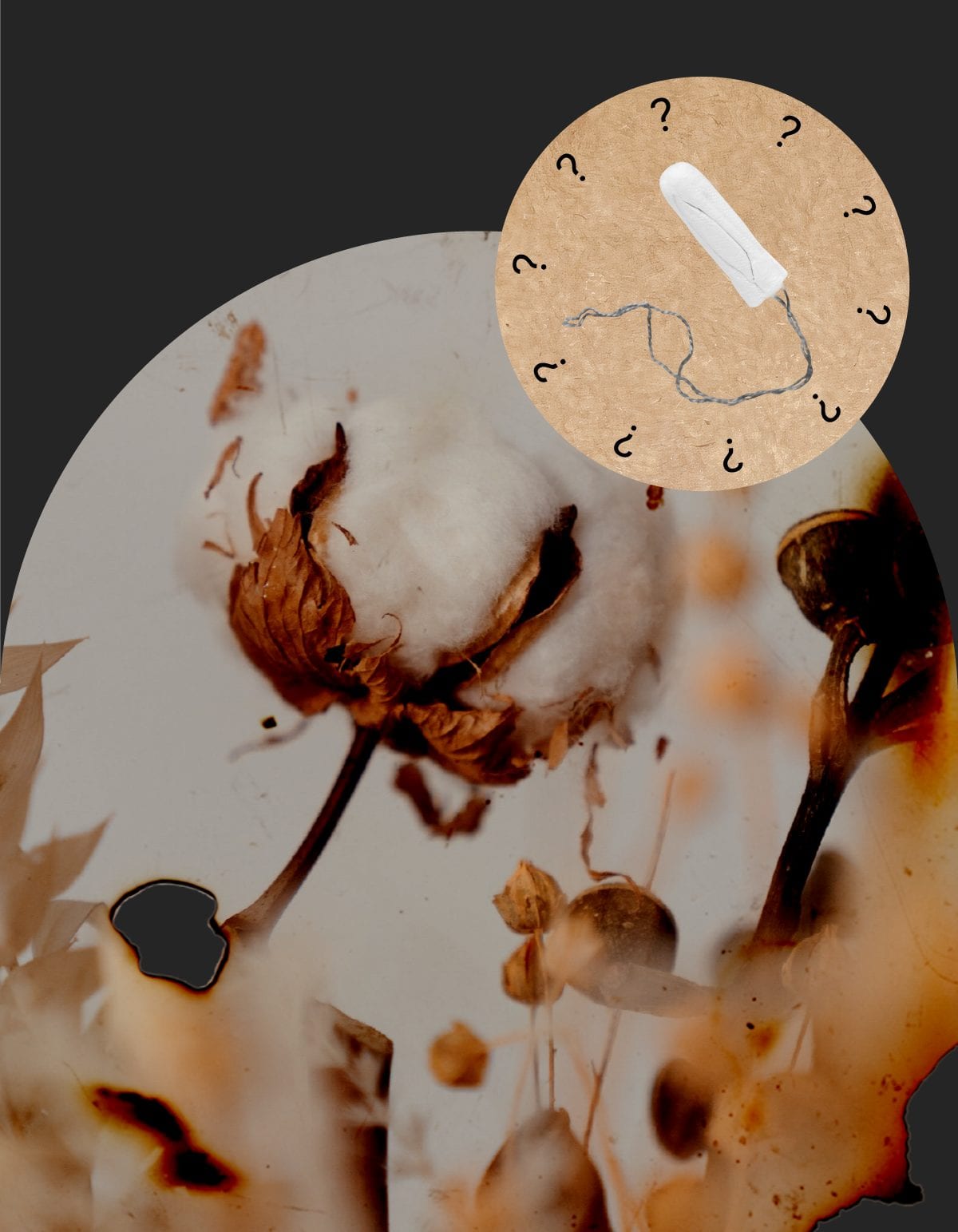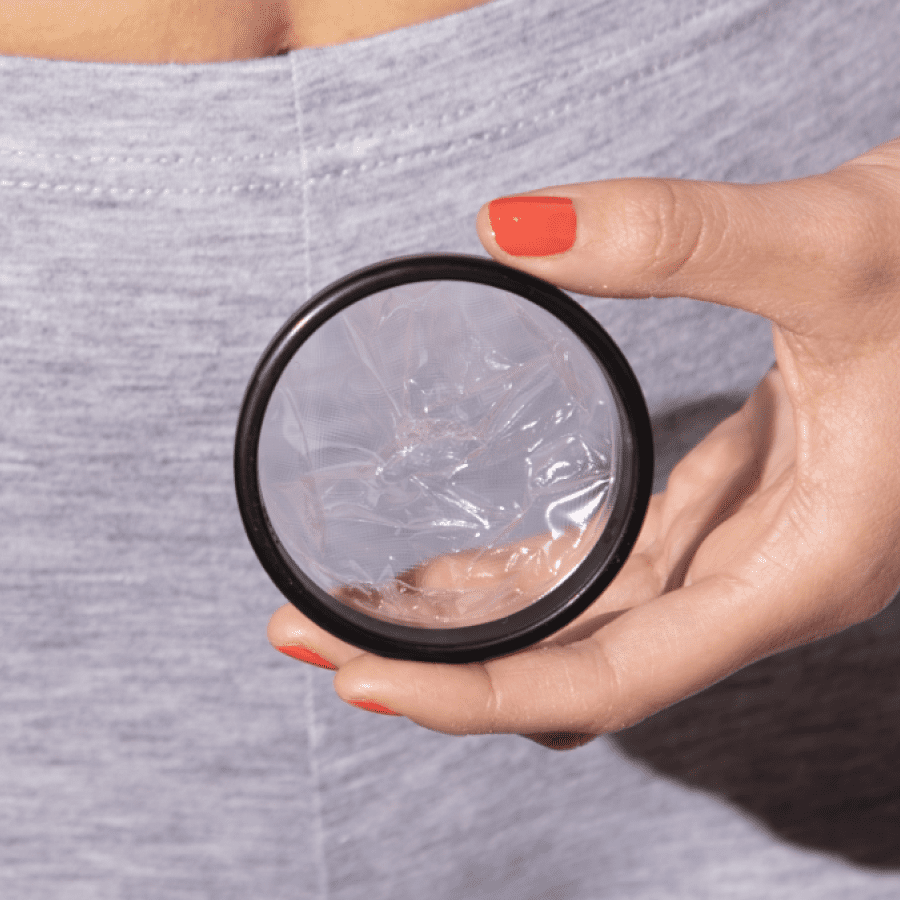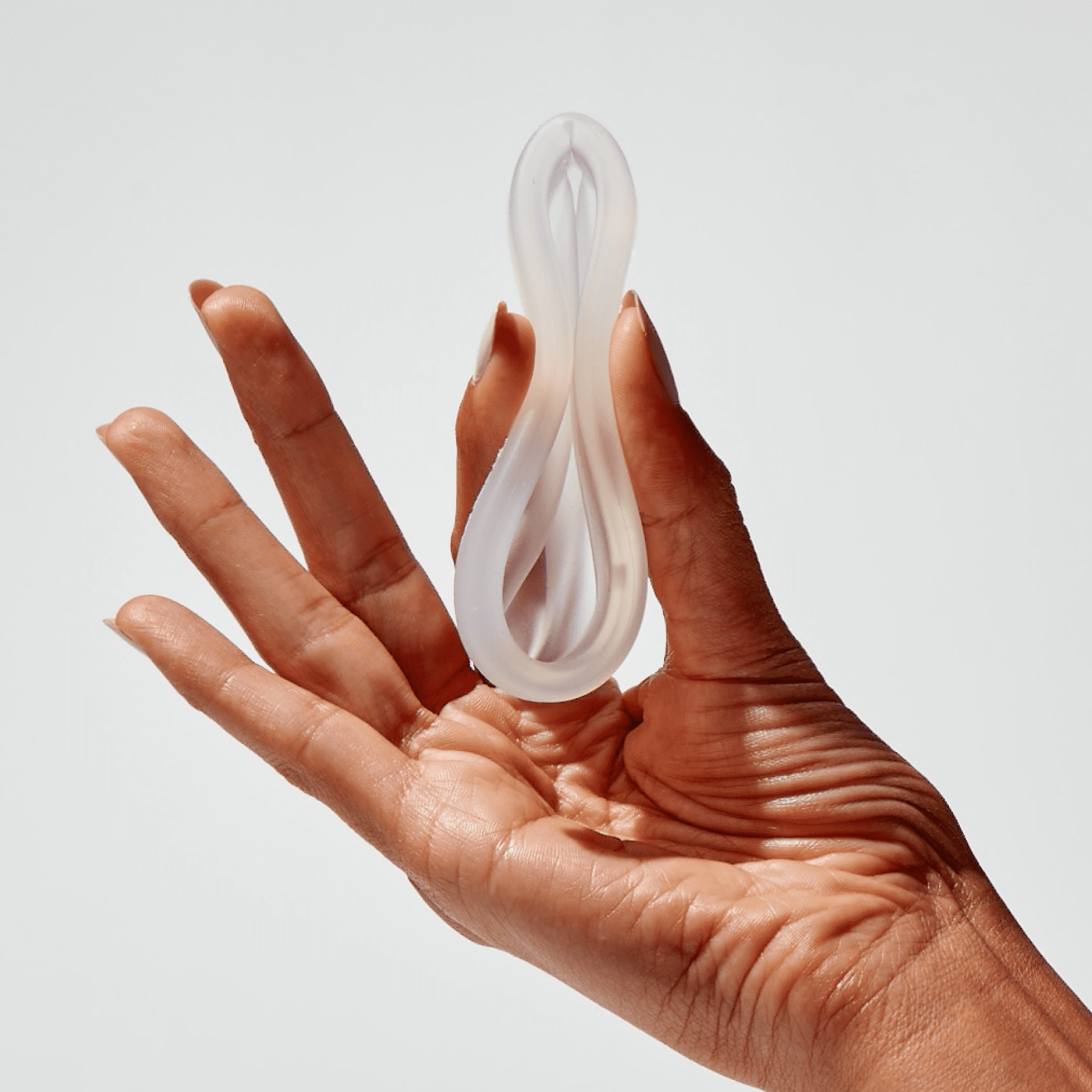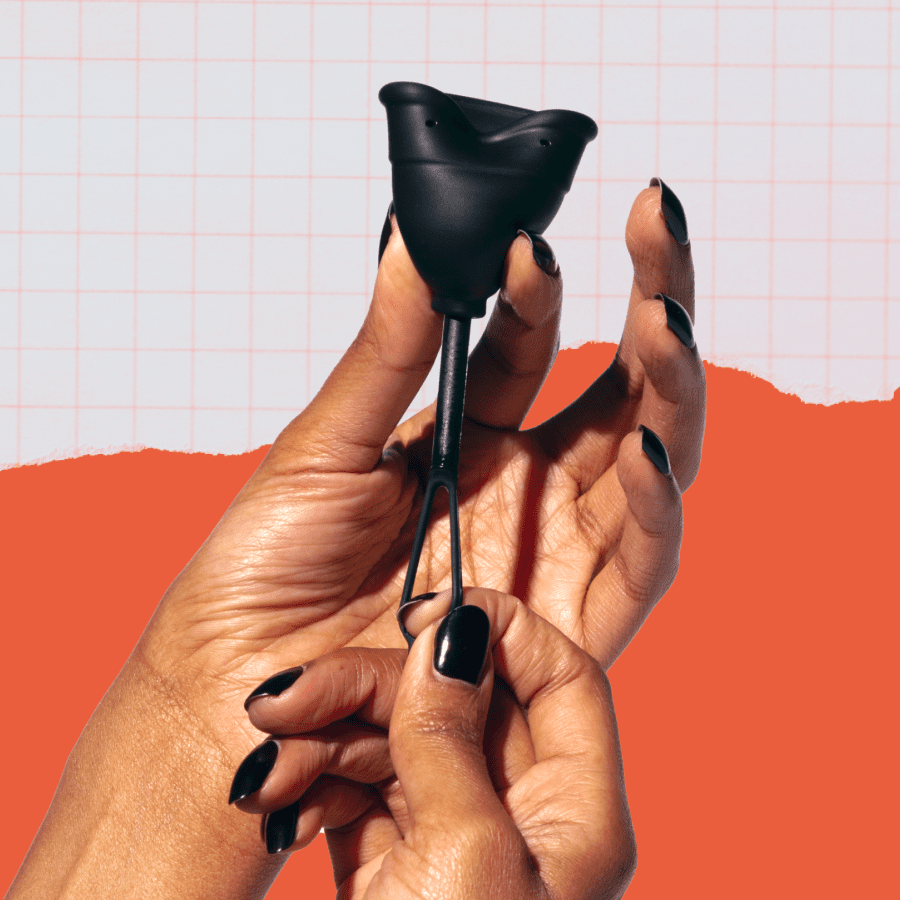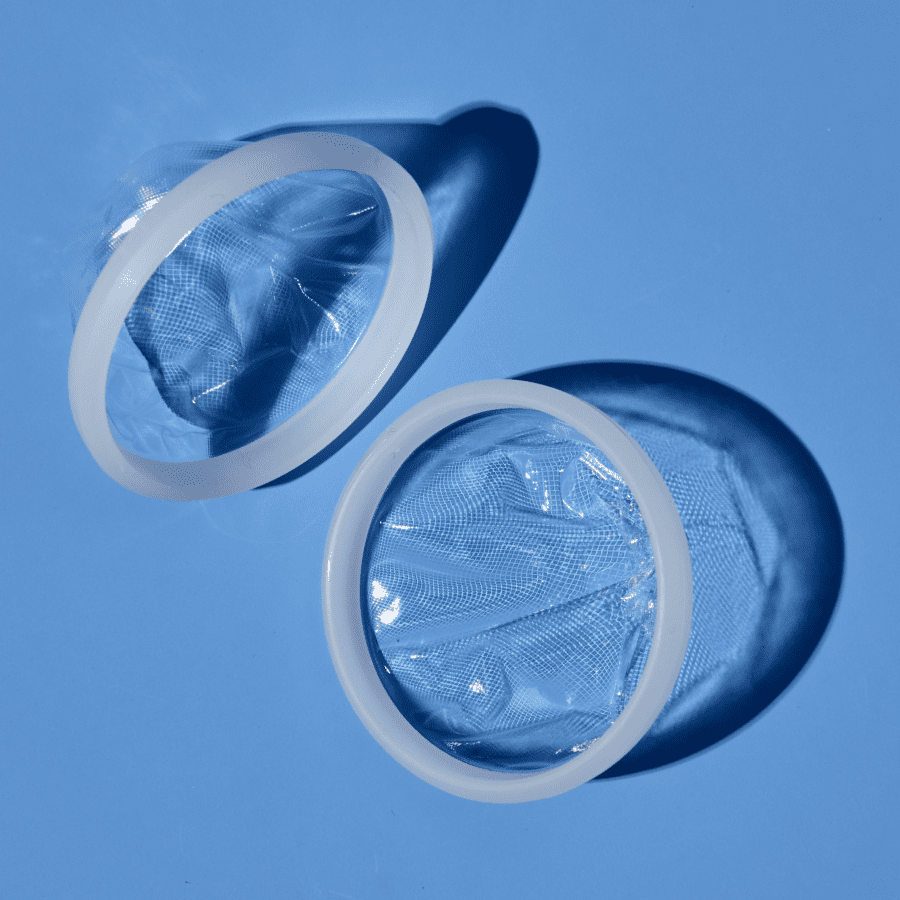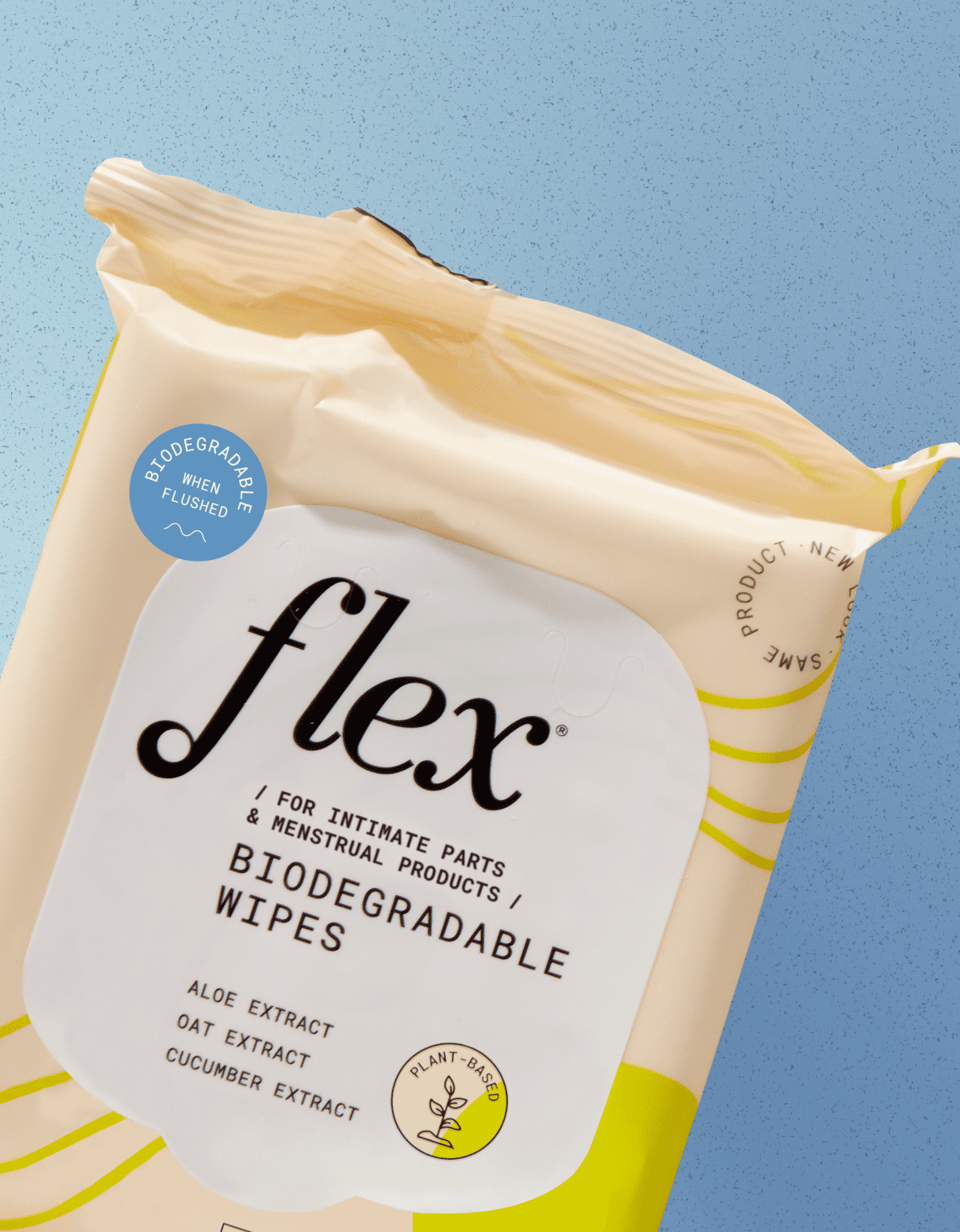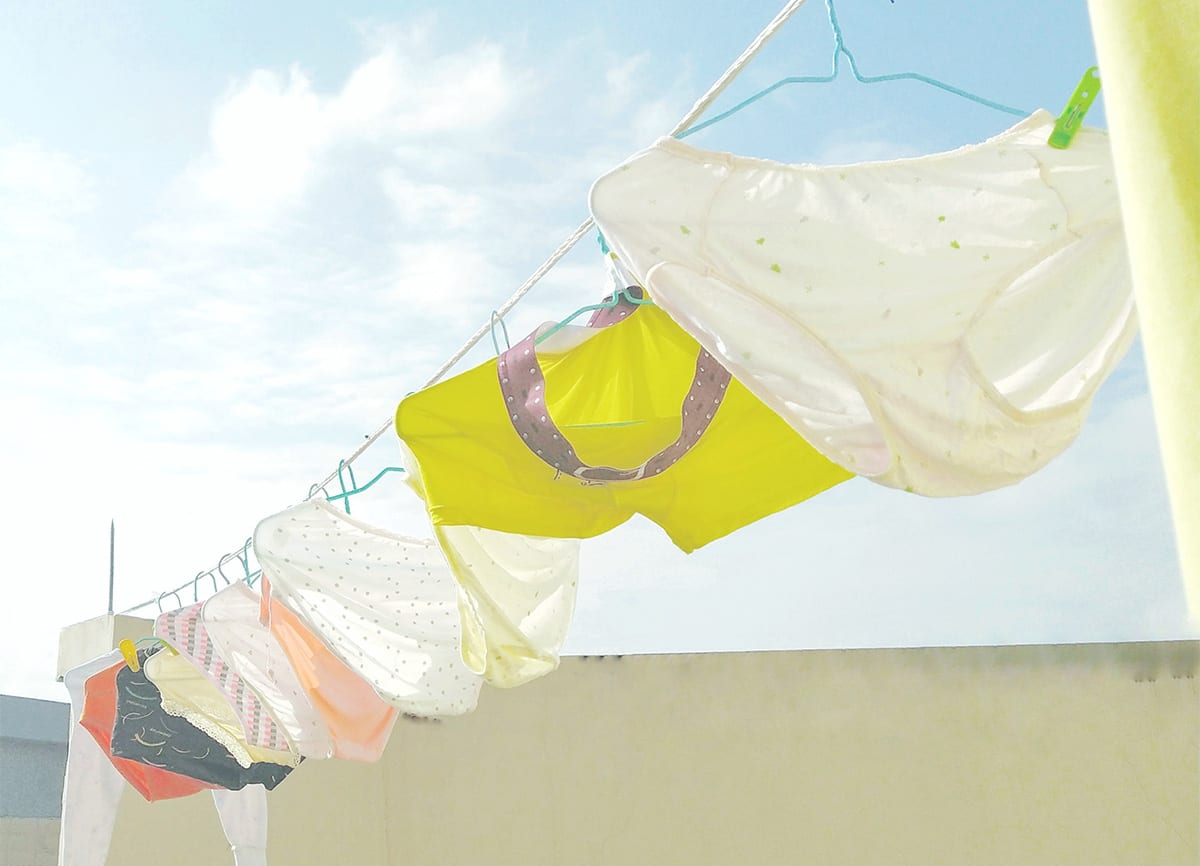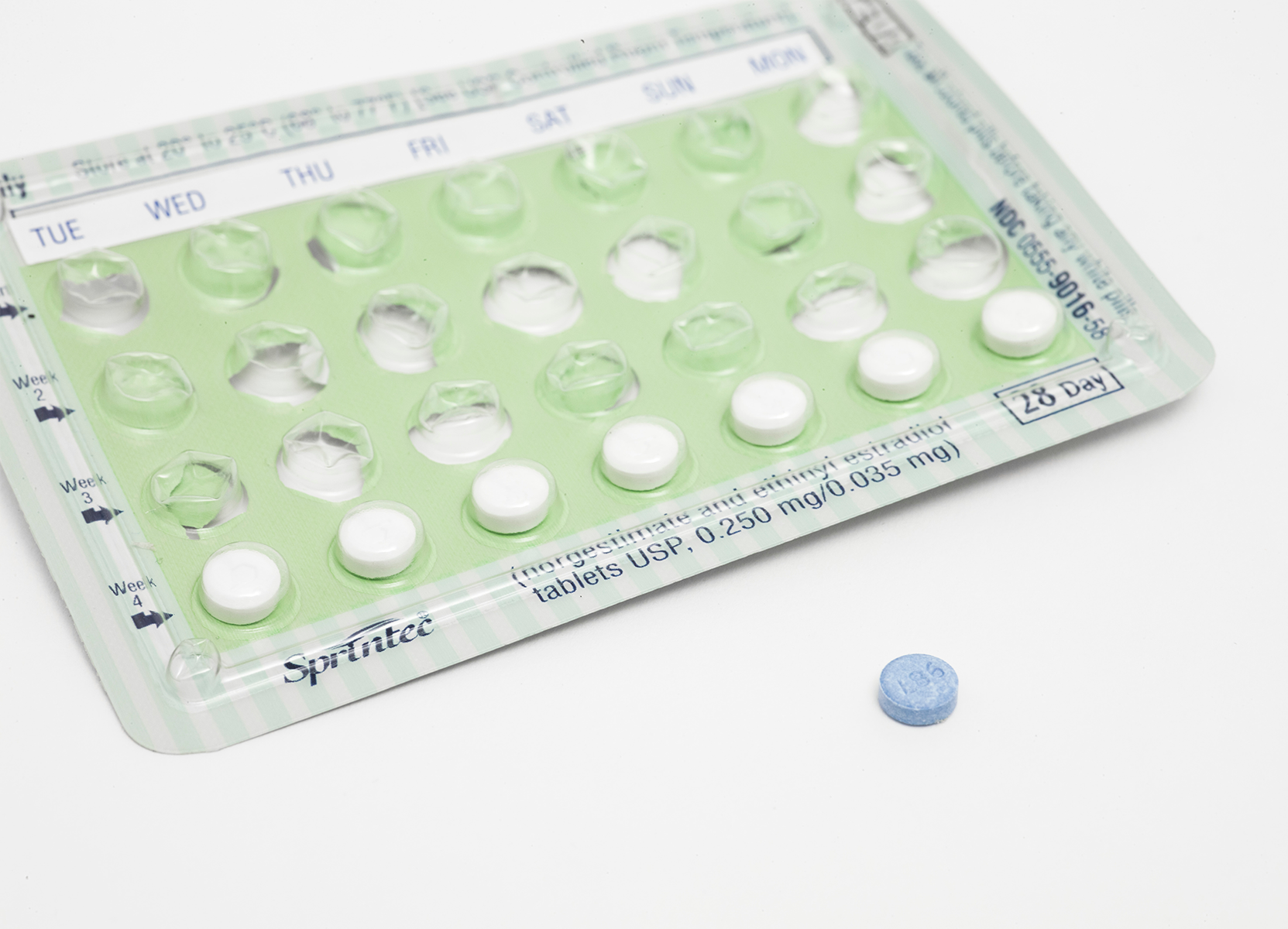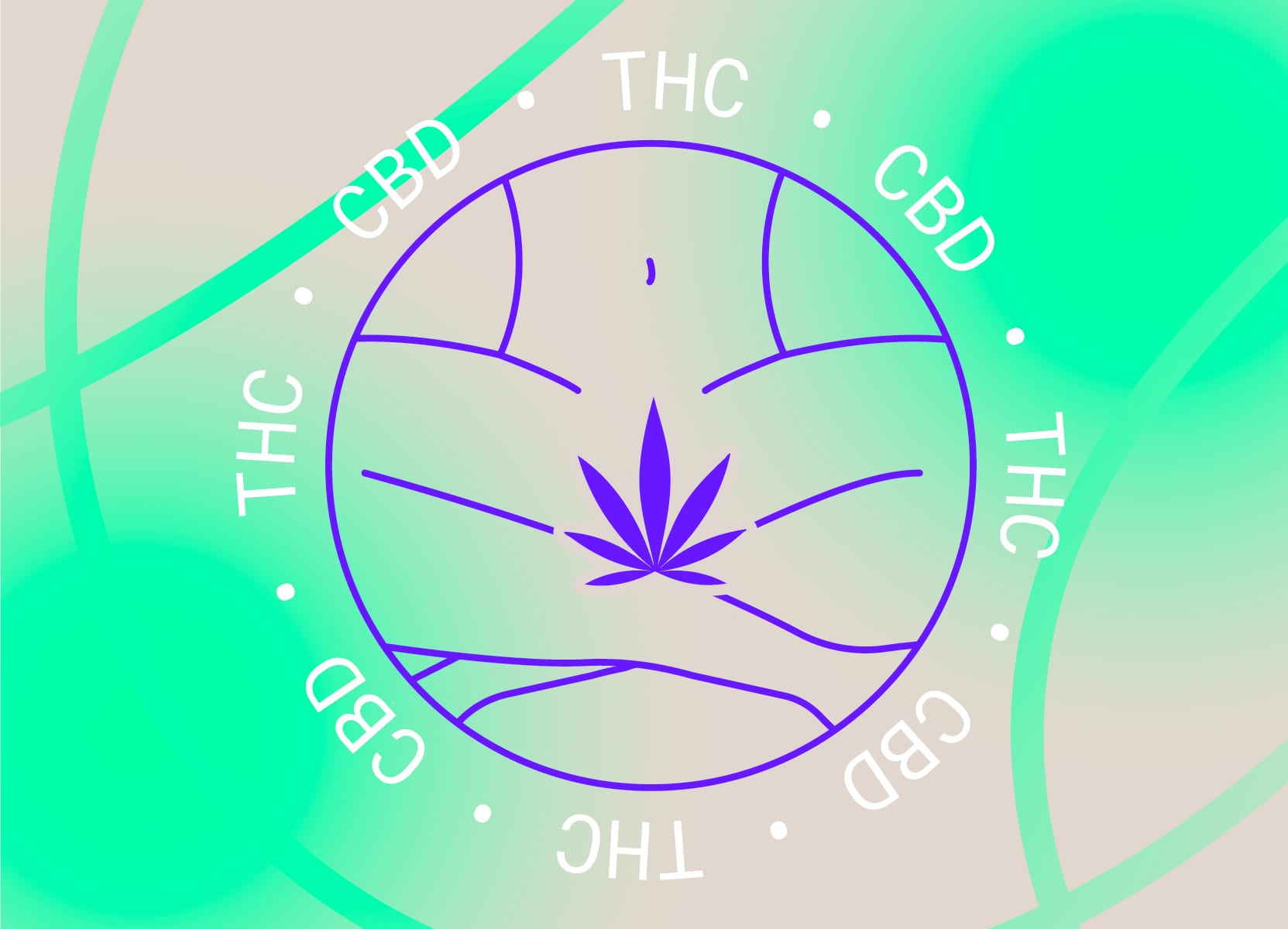Are organic cotton tampons better? The truth about organic tampons
Why organic doesn’t mean zero risk
You’ve seen them on the supermarket shelves: Tampon brands proudly labeled organic—with a higher sticker price to match.
The packaging says these tampons come with plant-based plastic applicators and are free from unnecessary chemicals. But what does that mean? Are these tampons biodegradable? Are they better for your health? Will they protect you against toxic shock syndrome? Should you shell out the extra few bucks?
Turns out, organic tampons do provide some benefits—but those benefits don’t really have to do with your personal health. Read on to find out what exactly organic tampons are, and what protections they do—and don’t—provide.
What makes a period product “organic”?
In the U.S., “organic” is a term that’s regulated by the U.S. Department of Agriculture. For plants and plant products to earn the organic label, they need to have been grown in soil that hasn’t been treated by prohibited substances, which “include most synthetic fertilizers and pesticides.” 1
Packaged products generally have many ingredients, some of which can’t be grown organically. In these cases, the USDA requires that the products contain a minimum of 70% organically produced ingredients in order to use the word “organic” prominently on the packaging.
That 100% organic cotton that is used in organic tampon manufacturing, helps it reach the minimum organically produced ingredients threshold needed to be labeled as such.
Are organic tampons better? Breaking down the risks & benefits
What are the benefits of organic tampons compared to conventional tampons? The biggest argument for switching to organic is for the benefit of the planet at large—including the health and livelihoods of the cotton farmers with whom we share this planet.
People growing conventional cotton—especially in countries where environmental regulations are lax—have suffered from respiratory problems, poisonings, and other illnesses and hospitalizations. 2 And, of course, the pesticides and other chemicals used to grow conventional cotton are known to cause widespread environmental damage, polluting land and water bodies and killing plants, fish, and animals. 3
Clearly, organic tampons are better for the planet (at least, better than regular tampons). But are they better for your personal health? Turns out, not particularly.
All cotton (organic or conventional) has to be processed to a certain degree when it’s turned into a tampon. As a result, an organic label on a tampon doesn’t mean it’s free from harmful ingredients—and, likewise, the lack of an organic label doesn’t mean a tampon is filled with toxic chemicals.
Cotton vs. rayon vs. synthetics… oh my!
Let’s get to the bottom of the issue by looking at what tampons are actually made of. In the U.S., the Food and Drug Administration requires that tampons be made of cotton, rayon, or a blend of both. 4 All organic tampons are made with cotton since rayon, a material typically made from food pulp, cannot be certified organic.
A number of conventional tampons are made with viscose rayon, A.K.A. artificial silk. Rayon got a bad rap in the 1990s because it was often bleached with chlorine gas, a method that created dioxins—toxic chemical compounds that can cause many health problems, including cancer. 5 However, companies stopped using chlorine gas to bleach tampons in the 1990s.
What about bleach?
Some organic tampons market themselves as being chlorine-free, but these days, neither organic nor conventional tampons are bleached with chlorine gas. Today’s tampons and pads—organic and conventional—contain very low levels of dioxins, far less than the amount we often get exposed to through food. 6
VOCs in other feminine hygiene products
Volatile organic compounds (VOCs) are chemicals known to be harmful to human health and to the environment. Common VOCs include ethanol, formaldehyde, benzene, toluene and xylene.
Turns out, tampons and certain other feminine hygiene products do contain VOCs, as shown in a number of recent studies. 7 8 These chemicals are added during manufacturing either on purpose (i.e. as fragrances, adsorbents, moisture barriers, adhesives, or binders) or inadvertently, in which case they may be present as contaminants in raw materials or packaging.
You might think that buying organic tampons would surely keep you safe from VOCs—but this isn’t necessarily true. One 2020 study found that hygiene products labeled “organic,” “natural,” or “for sensitive skin” did not necessarily have lower VOC concentrations. 8 The same group of researchers identified the riskiest products as follows:
“For most [feminine hygiene products], calculated risks were low; however, menstrual pads had hazard ratios of up to 11, sprays and powders had hazard ratios of up to 2.2 and excess cancer risks of up to 2.1 × 10-6, and washes had excess cancer risks of up to 3.3 × 10-6.” 8
Translation? Pads, sprays, powders, and washes are the most worrisome VOC offenders, organic or not.
Can plastic tampon applicators cause problems?
Yes, tampon applicators can cause problems—most certainly for the environment. Because these applicators are single-use, disposable plastics that can end up polluting oceans and harming wildlife, some environmentalists have sought to get them banned altogether.
Regular tampons can take between five hundred to a thousand years to decompose, mainly because of the synthetic components. While organic cotton takes about 5 months to decompose, definitely a great improvement, it still doesn’t address the impact that plastic applicators have on the environment.
Do plastic tampon applicators directly harm the user? Since their function is to facilitate tampon insertion into the vagina, they could, if they contain phthalates or other endocrine-disrupting chemicals found in many plastics that can be absorbed by the body.
A 2020 study of period products found phthalates, parabens, and bisphenols in pads, tampons, and other period products. The researchers determined the chemical exposure women were getting through the use of these products was “significant”, and noted that “feminine hygiene products are an important source of chemical exposure in women.” 9
If you’re concerned about chemicals from plastics, opt for tampons that have either no applicator or a paper applicator. Or ditch tampons and pads altogether and opt for a reusable, silicone menstrual disc or a menstrual cup.
Want to go 100% green? Our new Reusable Menstrual disc, or a menstrual cup like Flex Cup will last for years, are made without BPAs, PFOAs, phthalates, or latex, and can be worn for 12 hours at a time. This means you’ll contribute significantly less waste than you would with tampons.
Do organic tampons shorten your period?
Hoping that switching to organic tampons will make your period end faster? Sorry—this gambit is unlikely to work. Medical experts say there’s no scientific evidence showing organic period products cut periods short. 10 We’re not entirely sure how this rumor was started, but there are other, scientifically-proven ways to shorten your period (we covered them in this recent blog post).
Breaking down TSS: Which period products come with a higher risk?
Now for the big question: What about toxic shock syndrome (TSS)? Can organic tampons prevent or reduce the possibility of contracting TSS? Can any menstrual products?
According to medical researchers, organic tampons do not reduce the risk of TSS. 11 This is perhaps unsurprising, considering the fact that TSS is caused by staphylococcus aureus, a bacteria—and not by chemicals, pesticides, or other human-made pollutants.
Tampons aren’t the only period products that can trigger TSS. Pads, sponges, and menstrual cups can, too. So, which products are safe—or at least safer? To date, no TSS cases have been associated with a menstrual disc.
Protecting yourself from TSS has less to do with which products you use and more to do with how you use them. To stay safe, make sure to change your period product as frequently as recommended by the manufacturer. Don’t forget to remove your tampon—and avoid using tampons that are more absorbent than your menstrual flow requires. Finally, always wash your hands before changing products.
Key Takeaways
So, if you’re a lifelong tampon stan, which product should you buy? We might be a little biased, but here at Flex, we’re all for ditching tampons entirely and moving onto more sustainable “next-gen” period product options—like a menstrual cup or a reusable disc. But if you’re truly wedded to tampons, that’s okay, too.
The answer really comes down to your personal preferences, values, and wallet.
Environmental concerns, however, are actually why many people switch from tampons and try out products like reusable menstrual discs, period cups, or period underwear – letting you get away from disposables altogether, significantly reducing the amount of trash you produce.
Have other burning questions about organic period products or sustainability? Hit us up: Email thefornix@flexfits.com and we’ll get back to you right away.
This article is informational only and is not offered as medical advice, nor does it substitute for a consultation with your physician. If you have any gynecological/medical concerns or conditions, please consult your physician.
© 2021 The Flex Company. All Rights Reserved.
- McEvoy, M. (2019, March 13). Organic 101: What the USDA label means. U.S. Department of Agriculture. https://www.usda.gov/media/blog/2012/03/22/organic-101-what-usda-organic-label-means[↩]
- Jepson P. C., Guzy M., Blaustein K., Sow M., Sarr M., Mineau P. and Kegley S. (2014, April 5). Measuring pesticide ecological and health risks in West African agriculture to establish an enabling environment for sustainable intensification. Philosophical Transactions of the Royal Society B, 369(1639). https://doi.org/10.1098/rstb.2013.0491 [↩]
- Delate, K., Heller, B., & Shade, J. (2020). Organic cotton production may alleviate the environmental impacts of intensive conventional cotton production. Renewable Agriculture and Food Systems, 1-8. doi:10.1017/S1742170520000356[↩]
- U.S. Food & Drug Administration. (2020, September 30). The facts on tampons—and how to use them safely. https://www.fda.gov/consumers/consumer-updates/facts-tampons-and-how-use-them-safely[↩]
- Lin, N., Ding, N., Meza-Wilson, E., Davasurendra, A.M., Godwin, C., Park, S.K., & Batterman, S. (2020). Volatile organic compounds in feminine hygiene products sold in the US market: A survey of products and health risks, Environment International, 144. https://doi.org/10.1016/j.envint.2020.105740.[↩]
- World Health Organization. (2016, October 4). Dioxins and their effects on human health. https://www.who.int/news-room/fact-sheets/detail/dioxins-and-their-effects-on-human-health[↩]
- U.S. Food & Drug Administration. (2020, September 30). The facts on tampons—and how to use them safely. https://www.fda.gov/consumers/consumer-updates/facts-tampons-and-how-use-them-safely [↩]
- Lin, N., Ding, N., Meza-Wilson, E., Manuradha Devasurendra, A., Godwin, C., Kyun Park, S., & Batterman, S. (2020). Volatile organic compounds in feminine hygiene products sold in the US market: A survey of products and health risks. Environment International, 144, 105740. https://doi.org/10.1016/j.envint.2020.105740[↩][↩][↩]
- DeVito, M.J., & Schecter, A. (2002, January 1). Exposure assessment to dioxins from the use of tampons and diapers. Environmental Health Perspectives. https://doi.org/10.1289/ehp.0211023[↩]
- Ali, R. (2019, March 29). Can using organic tampons and pads make your period shorter? USA Today. https://www.usatoday.com/story/life/2019/03/29/can-using-organic-tampons-and-pads-make-your-period-shorter/3279561002/[↩]
- Nonfoux L, Chiaruzzi M, Badiou C, Baude J, Tristan AThioulouse J, Muller D, Prigent-Combaret C, Lina G2018.Impact of Currently Marketed Tampons and Menstrual Cups on Staphylococcus aureus Growth and Toxic Shock Syndrome Toxin 1 Production In Vitro. Appl Environ Microbiol84:e00351-18. https://doi.org/10.1128/AEM.00351-18[↩]
